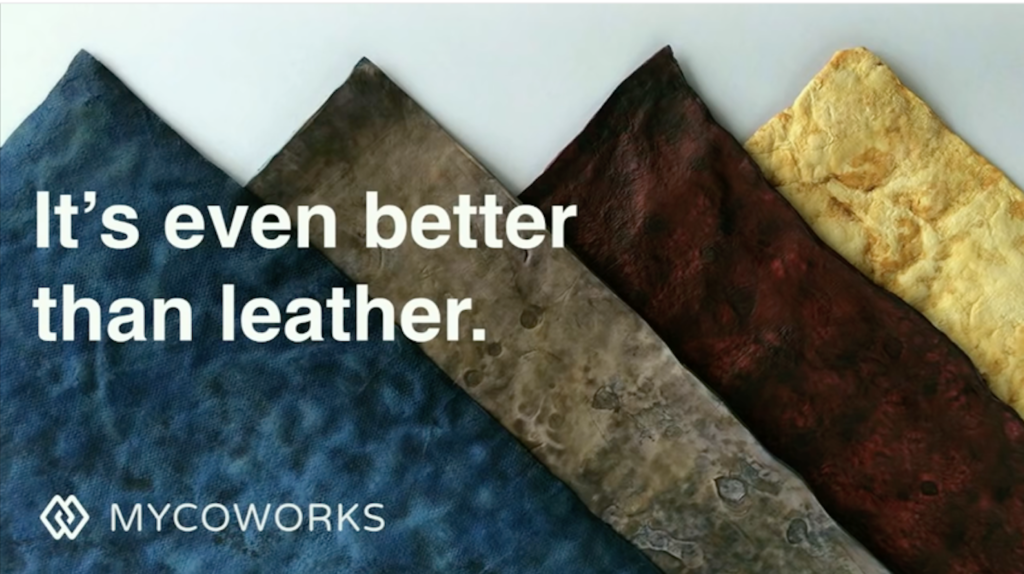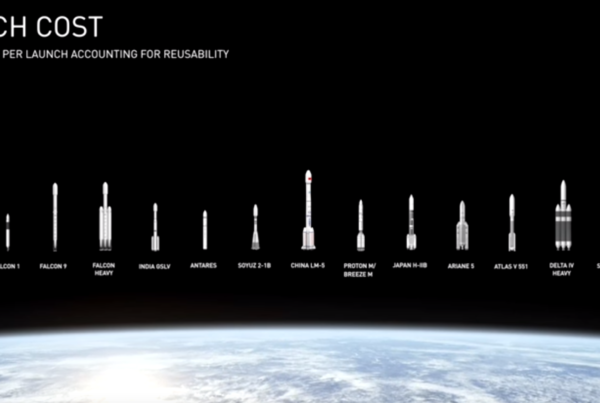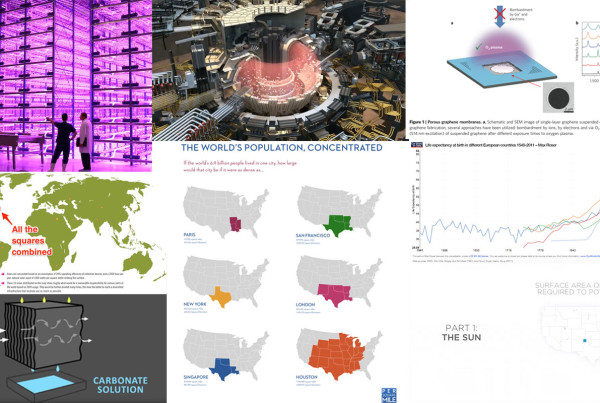These days, the most popular business model seems to be: Uber for X. A basic model that takes an old industry, cuts out the middle man and then adds on-demand functionality to it. There are numerous articles on the concept and even collections on Product Hunt devoted to it.
But today, I am introducing a new business model concept, one that I’ve noticed appearing more and more frequently, yet that I could not find written about anywhere else. After watching the most recent demo day from biotechnology accelerator, IndieBio, I decided to capture my thoughts on the burgeoning concept.
The business model concept I would like to coin is “X without Y”, meaning creating a desirable end product, without utilizing the conventional source associated with it. For example, at the demo day, there was a company called Mycoworks that is making leather from mushroom mycelium and it actually feels real. It is “leather without the cow.” There was another company, BioNascent, that is making “human milk without humans” by creating the same proteins found in breastmilk in the same ratios, but in a bioreactor instead of a breast. Ava Labs, another IndieBio startup, is creating “wine without grapes,” by molecularly analyzing top wines, then recreating them in the lab with no fermentation and no grapes.

One of the most profound concepts about these biotechnologies is that because they are taking a natural process and scaling it, they can actually improve upon it ways that nature can’t. A cow can never grow leather larger than the largest cow can be, but a lab-grown leather can be grown to the size of a football field or bigger.
This concept is key to what makes biotech companies so valuable and potentially impactful in the world. Another example is Memphis meats, which is able to take cells from a cow, and then culture them in 2–3 weeks and get meat that otherwise would have taken 12–20 months to harvest if one was raising a cow to slaughter. It is also dramatically more efficient. Conventional beef takes 23 calories of grain to make 1 calorie of beef. Using their technology, Memphis Meats is able to use only 3 calories of inputs to make 1 calorie of beef.

This idea of directly growing cells is a paradigm change in food generation that is being called the “second domestication.” They are domesticating cells to grow meat, instead of slaughtering cows to make meat. Now think about this for every industry you know of that deals with biology or things that are alive, and get ready for serious disruption.
We are entering into a new era where we will see companies directly creating the biological end products without the middle parts. This directly parallels to the transformation we saw with the “Uber for X” business model, where business cut out the inefficiencies of the middle man and went directly to delivering the end product. Harnessing the power of biology to directly manufacture the goods we desire, while cutting out the inefficiencies, will likely have a much more profound effect on the world than getting a car or having your dry cleaning delivered at the push of a button, so pay attention.
The “X without Y” model is in its infancy and is only now becoming a trend due to rapid advances in technology and decreasing costs in carrying out biological innovation. The increasing occurrence of this model in the biotech space says a lot about the bright future of biotechnology and how we can harness biology for good and profit.
Here is a short list of examples of companies that fit the “X without Y” model:
Memphis Meats: “meat without the cows”
Clara Foods: “eggs without the chicken”
Ava Labs: “wine without grapes”
Pembient: “horns without the rhino”
New Wave Shrimp: “shrimp without the shrimp”
Real Vegan Cheese: “cheese without the cow”
If you have other examples that you think belong on this list, please feel free to comment and/or tweet the recommendations and I will add them in and give you credit.



